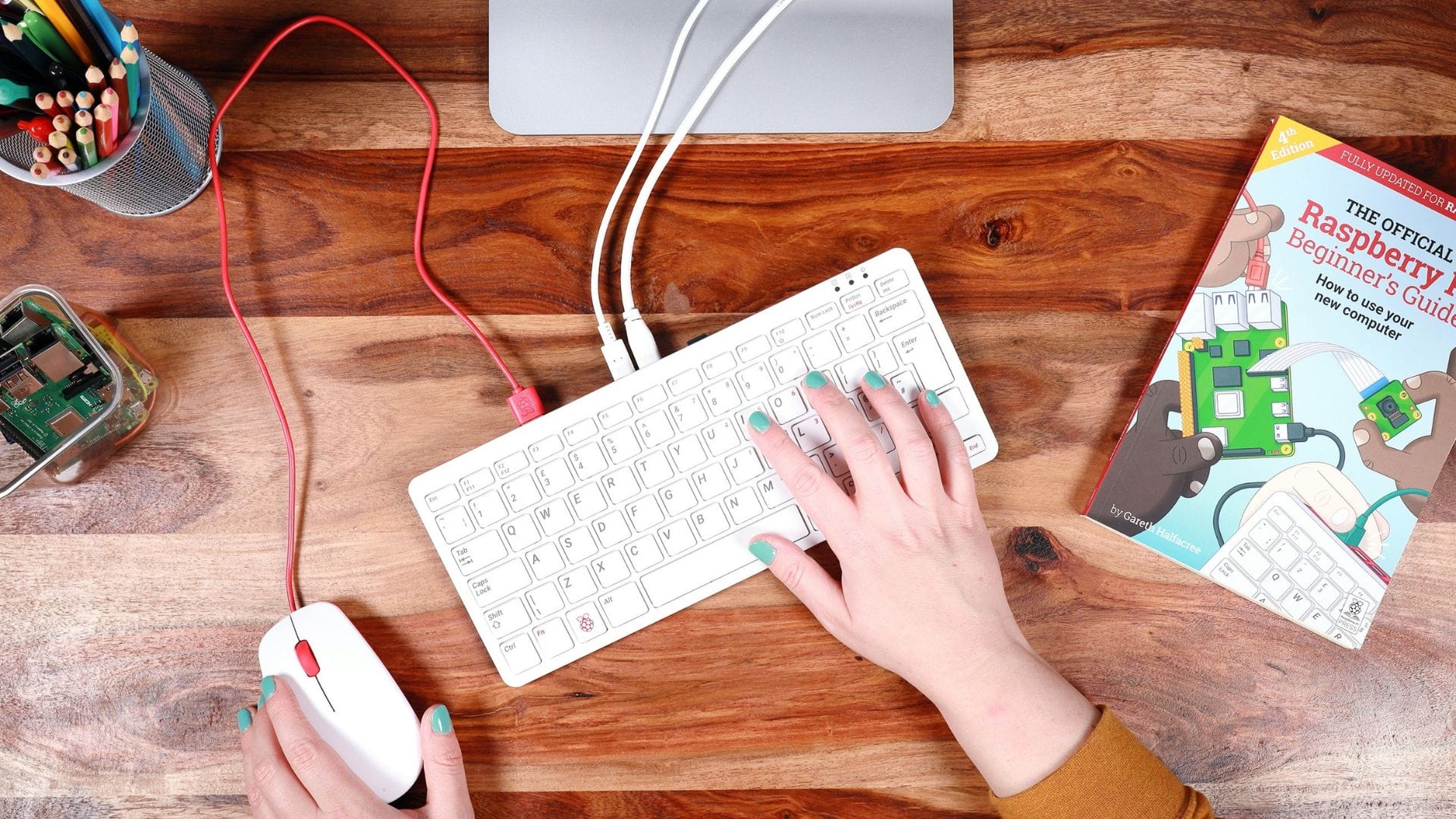Raspberry Pi unveils upgraded keyboard computer with mechanical switches and SSD storage
Raspberry Pi launches the 500 Plus, a premium keyboard computer with mechanical switches, SSD storage and enhanced performance.

Raspberry Pi has announced a premium version of its compact keyboard computer, offering major upgrades in performance, storage and design. The new model, known as the Raspberry Pi 500 Plus, builds on last year’s Raspberry Pi 500 by introducing faster hardware, improved typing features and additional storage options.
Table Of Content
Enhanced performance and storage
The Raspberry Pi 500 Plus is the first in the company’s line to feature an M.2 2280 SSD socket, enabling users to benefit from faster and more reliable storage. It comes pre-fitted with a 256GB SSD, but this can easily be swapped out for a larger drive if needed. The device also retains a microSD card slot, which can still be used to store and run the operating system.
Powering the new model is a quad-core ARM Cortex-A76 processor paired with 16GB of LPDDR4x-4267 RAM. This is a significant increase from the 8GB of memory available in the standard Raspberry Pi 500. These improvements make the 500 Plus better suited for more demanding applications, while still maintaining its compact all-in-one keyboard format.
At US$200, the Raspberry Pi 500 Plus is more than double the price of the original Raspberry Pi 500, which remains available for US$90. However, the expanded storage, upgraded processor and additional memory are designed to meet the needs of users seeking a higher-performing and more versatile device.
Improved typing experience
One of the most noticeable changes in the Raspberry Pi 500 Plus is its redesigned keyboard. The new version is equipped with Gateron KS-33 Blue mechanical switches, offering a tactile feel designed for users who value a responsive typing experience. The custom-designed, low-profile keycaps are replaceable and feature a spray-painted finish with laser etching. This allows the newly added programmable RGB lighting to shine through, giving users the option to customise the appearance of their setup.
Inside the device, the Raspberry Pi includes an RP2040 microcontroller that runs QMK, an open-source firmware commonly used in mechanical keyboards. This addition gives users greater flexibility and control over keyboard functions, adding another layer of customisation to the system.
Connectivity and desktop options
Aside from the upgraded performance and typing features, the Raspberry Pi 500 Plus retains many of the connectivity options found in its predecessor. These include support for Wi-Fi 5 and Bluetooth, a Gigabit Ethernet port, two micro-HDMI ports, three USB-A ports, and a USB-C port for power.
The computer does not ship with accessories such as a power supply, video cables or a mouse. However, Raspberry Pi offers a “Desktop Kit” version for US$220, which includes everything required to power the computer and connect it to a display.
The Raspberry Pi 500 Plus is now available and is designed for enthusiasts seeking a compact yet powerful computer that combines upgraded hardware with a refined typing experience.
















